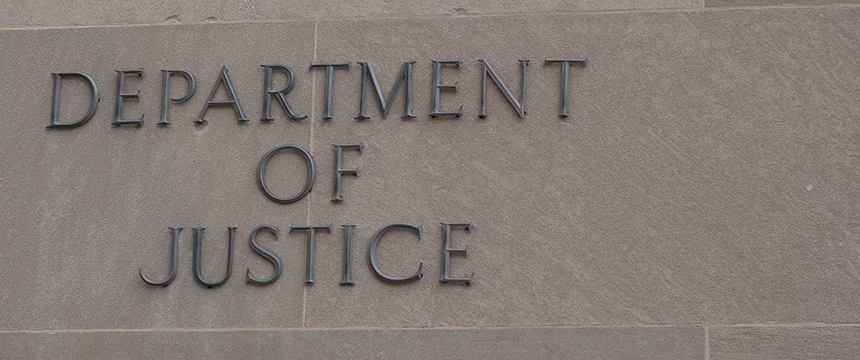Integrating Disruptive Technologies: DOJ's New Approach to Corporate Compliance Evaluation

In a recent address at the American Bar Association’s Institute on White Collar Crime,[1] Deputy Attorney General Lisa Monaco unveiled a shift in the Department of Justice’s (DOJ) approach to assessing the effectiveness of corporate compliance programs. Notably, the DOJ will now consider the integration and assessment of disruptive technologies as a pivotal component in evaluating corporate compliance efforts. This announcement marks an evolution in how organizations must strategize and adapt to meet regulatory standards in an era defined by technological disruption.
Disruptive Technologies and Corporate Compliance
Deputy Attorney General Monaco emphasized the imperative for corporations to manage effectively risk related to disruptive technologies through their compliance programs. This expectation is not surprising given DOJ’s Antitrust Division and Federal Trade Commission’s announcement in January of this year, and modifications to DOJ’s Criminal Division Corporate Enforcement and Voluntary Self-Disclosure Policy[2] last year, regarding preservation of communications in collaboration tools and ephemeral messaging systems.[3] DOJ’s interest in these “modern workplace” tools as key sources of evidence dovetails with its considerations of those (and other) tools in evaluating compliance program effectiveness. The advent of AI, data analytics, blockchain, and other disruptive technologies presents both opportunities and challenges for regulatory compliance. Corporations must leverage these technologies to enhance transparency, strengthen internal controls, and proactively identify and address compliance risks.
Key Considerations for Businesses and Legal Professionals
The DOJ’s emphasis on assessing disruptive technologies in corporate compliance evaluation underscores the need for businesses and legal practitioners to embrace innovation and adaptability. Here are some key considerations to bear in mind:
- Embrace Technological Innovation: In light of the DOJ’s heightened focus on disruptive technologies, businesses must embrace innovation and explore opportunities to leverage emerging technologies in their compliance efforts. From AI-powered risk assessment tools to blockchain-enabled transparency solutions, integrating disruptive technologies can enhance compliance effectiveness and resilience.
- Prioritize Data Privacy and Security: As corporations harness the power of data analytics and AI in compliance activities, prioritizing data privacy and security is paramount. Implementing robust data governance frameworks, encryption protocols, and access controls can help mitigate the risks of data breaches and regulatory non-compliance.
- Invest in Technological Literacy and Expertise: To effectively navigate the intersection of technology and compliance, businesses should invest in building technological literacy and expertise within their compliance teams. Collaborating with legal professionals who possess a deep understanding of both compliance principles and disruptive technologies can facilitate informed decision making and strategic planning.
Conclusion
The DOJ’s integration of disruptive technologies into its evaluation of corporate compliance program framework signals a paradigm shift in regulatory expectations. As organizations strive to uphold compliance standards in an increasingly digitized and interconnected landscape, embracing technological innovation and agility is imperative. By proactively integrating disruptive technologies into their compliance frameworks and collaborating with knowledgeable legal professionals, businesses can adapt to evolving regulatory requirements and foster a culture of compliance and integrity. As businesses embark on this transformative journey, stay tuned for further insights and guidance on navigating the intersection of disruptive technologies and corporate compliance.
[1] https://www.justice.gov/opa/speech/deputy-attorney-general-lisa-monaco-delivers-keynote-remarks-american-bar-associations.
[2] 97-47.120 – Criminal Division Corporate Enforcement and Voluntary Sefl-Disclosure Policy, at 5, available at https://www.justice.gov/opa/speech/file/1562851/download.
[3] https://www.justice.gov/opa/pr/justice-department-and-ftc-update-guidance-reinforces-parties-preservation-obligations.


